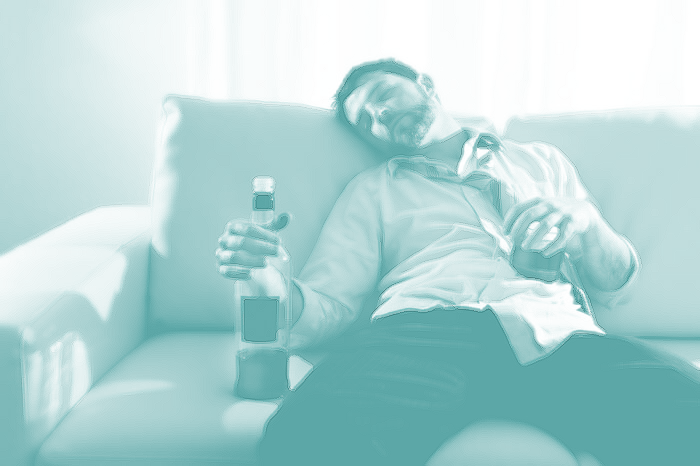
Combining any two substances can have devastating effects on the user, but combining a sedative like Valium and alcohol is generally considered to be one of the most dangerous combinations. Both substances are depressants. Taking two drugs that have a similar action in the body at the same time can increase the chances that they will work together to slow the central nervous system down so much that it stops entirely.
When that happens:
- The heart stops
- Breathing stops
- Oxygen does not get to the brain
- Brain function stops

Ultimately, overdose and death can occur. It is simply not a risk worth taking. If your loved one often drinks a glass of wine or a beer when he takes his Valium prescription or if he combines the two substances recreationally to get high, rehabilitation that addresses any issues of physical dependence as well as psychological dependence can help him to learn how to live a drug-free life. Take the first step today. Call us at Axis now.

Valium + Alcohol
According to Medline Plus, in some cases, Valium may be used to help treat patients who are struggling with agitation as a result of alcohol detox. However, in cases where the patient is prescribed Valium on an outpatient basis for the treatment of anxiety or seizures, it is recommended that they avoid alcohol because it can increase drowsiness.
However, many individuals purposefully combine the two substances in order to:
- Augment the effects of Valium when smaller doses no longer serve their purpose alone
- Be social
- Experiment
- Go to sleep
There is no good reason to combine Valium use with alcohol, and in any circumstance, it increases the chance of overdose.
Impaired Ability to Function
The journal Psychopharmacology published a study that reported that while there were no synergistic effects of the two drugs together, the combination of Valium and alcohol caused significant impairment in participants, even with low doses of both substances. Both cognitive function and physical ability are impaired under the influence of alcohol and Valium together. Patients are especially encouraged to avoid driving a car or using other heavy machinery. It is also not recommended that they be responsible for the care of children while under the influence of these drugs.
Does It Matter Which Came First?
Some patients who combine Valium with alcohol are alcoholics who take other substances recreationally while drunk. Other patients are addicted to the pills and drink recreationally in order to augment the effects of the medication. In both cases, overdose is a significant risk, but there are other issues that can be problematic as well, including:
- Liver damage and liver failure
- Arrest for driving under the influence
- Accident under the influence
- Poor decision-making under the influence (e.g., unprotected sex that can result in STDs or an unplanned pregnancy)
No matter which substance is the drug of choice, combining the drugs is a dangerous undertaking.
A Treatable Disorder
Valium addiction and alcoholism are both widely recognized as medical disorders. This means that they both are issues that respond to medical treatment. While there is no cure for addiction, there are a number of different therapies and treatment interventions that have been proven to be effective in helping patients to stop using all drugs and alcohol and live a life of sobriety. If your loved one is unable to stop abusing alcohol and/or Valium, there are a number of options for care, including:
- Detox services that address withdrawal symptoms that occur when physical dependence is an issue
- Outpatient treatment that addresses family issues, provides one-on-one psychotherapy, and offers the support of group therapy sessions
- Inpatient treatment that offers medical detox to address withdrawal symptoms as well as comprehensive psychotherapeutic treatment options to help treat underlying issues of trauma, depression, anxiety and other mental health symptoms
- Aftercare services that can aid in the transition from treatment back home
Is Treatment the Next Step for Your Loved One?
If your loved one is struggling under the weight of the consequences of ongoing abuse of Valium and alcohol, and unable to undo the damage and stop abusing drugs on his own, then treatment is the only path to recovery. You can help him understand his options in treatment when you contact us at Axis and get the information you need to enroll him in our program today. Call now and get your questions answered as you help guide your loved one toward the rehabilitation he needs to change his life.



